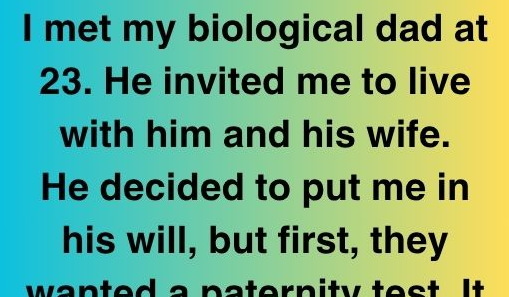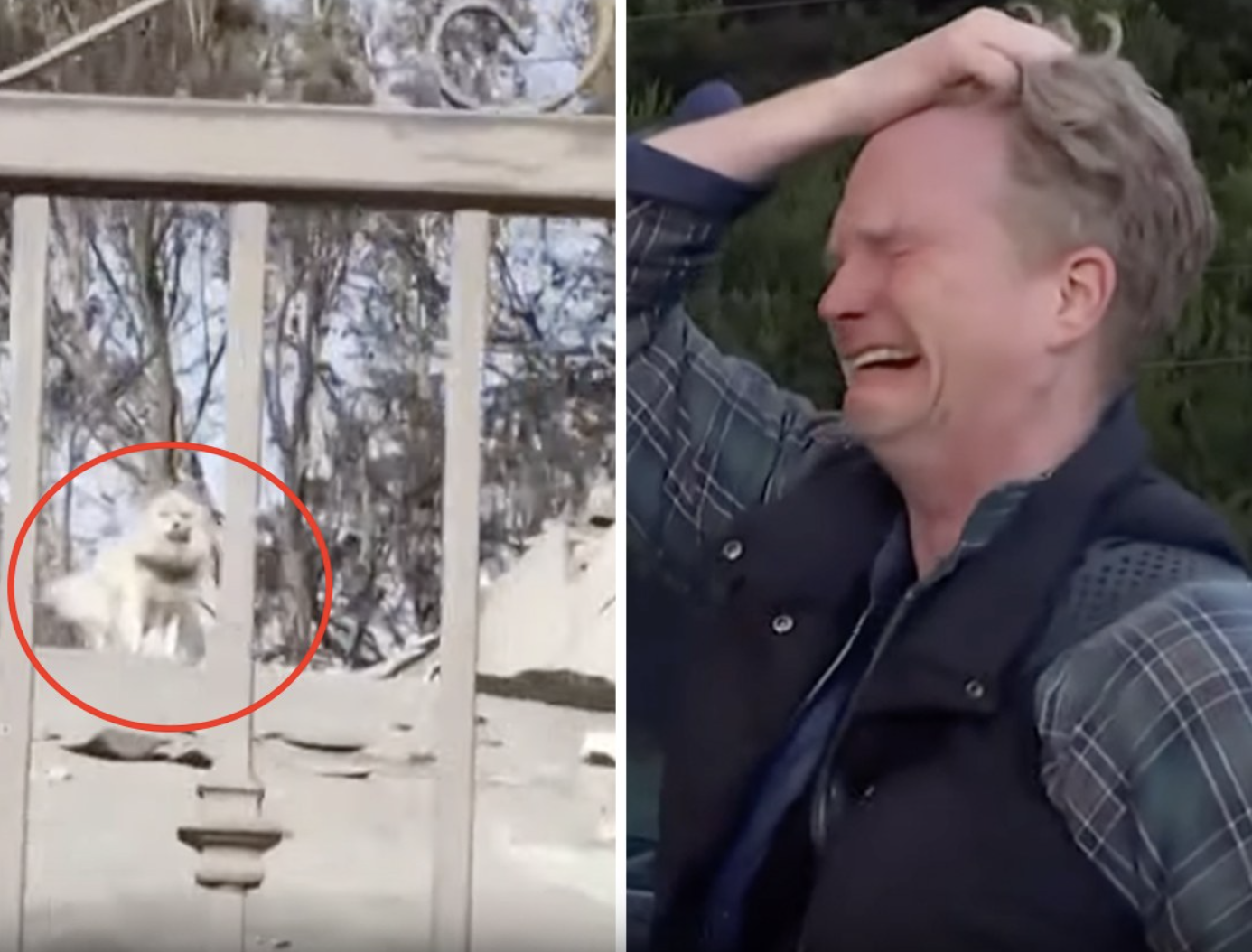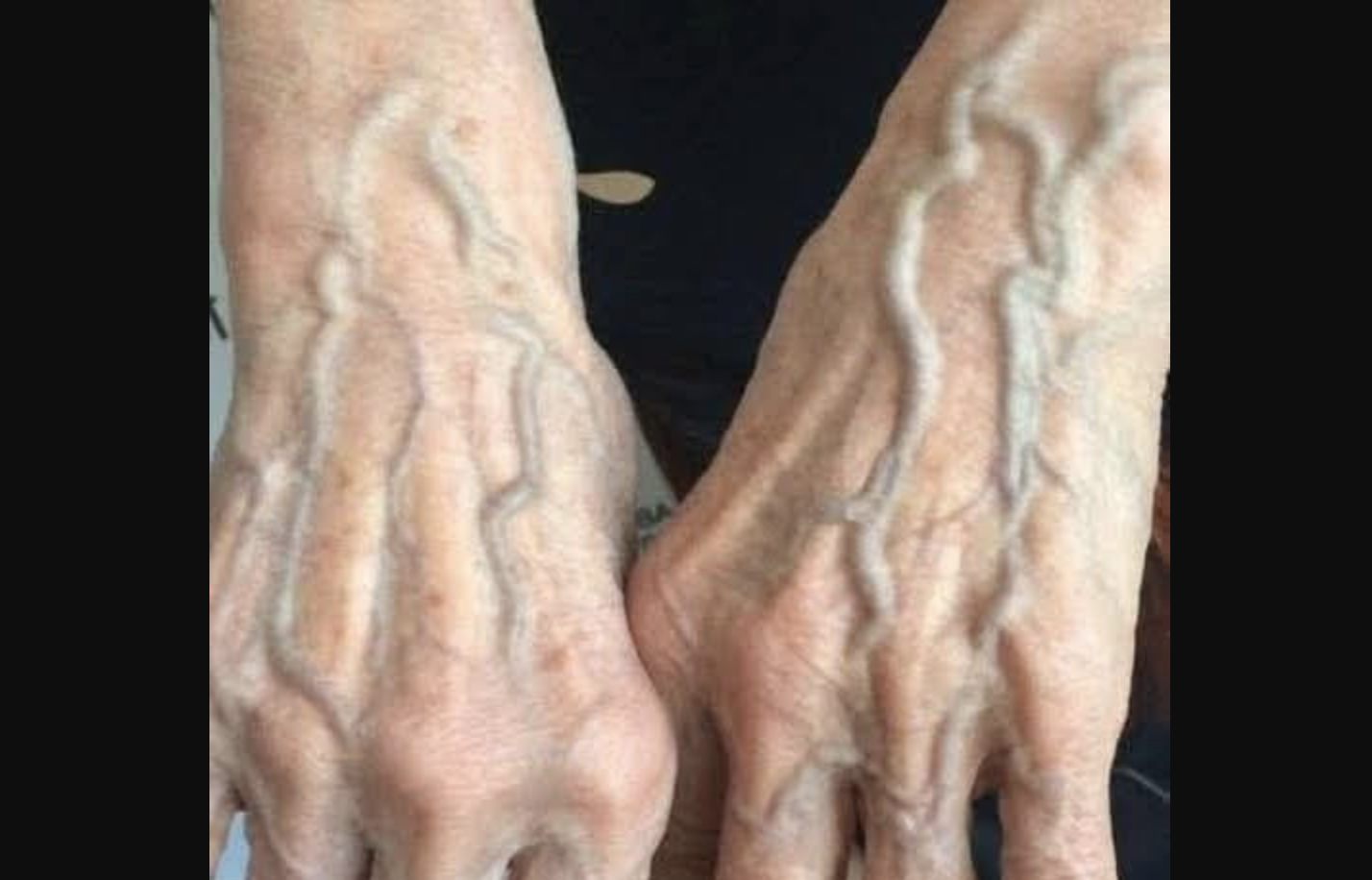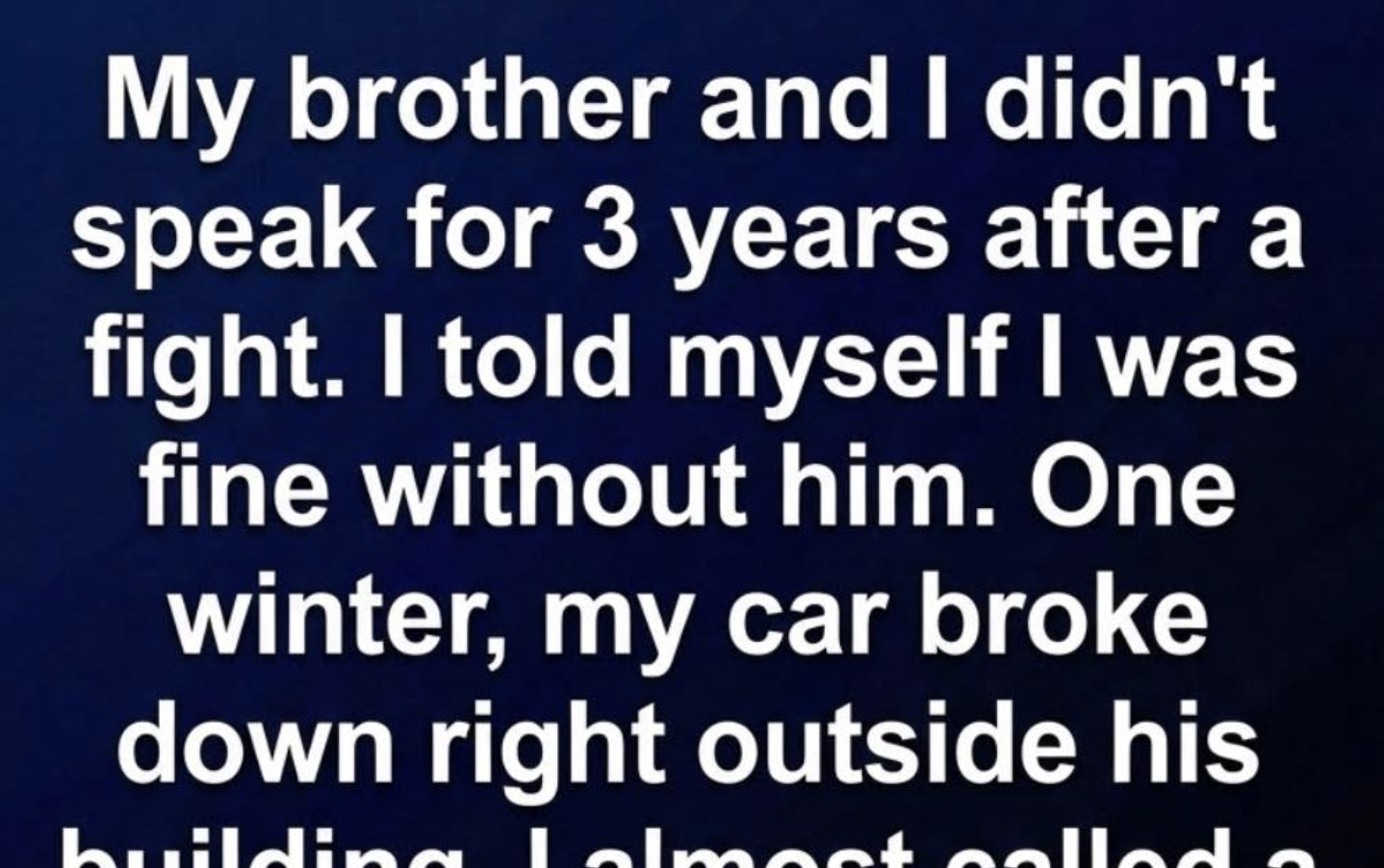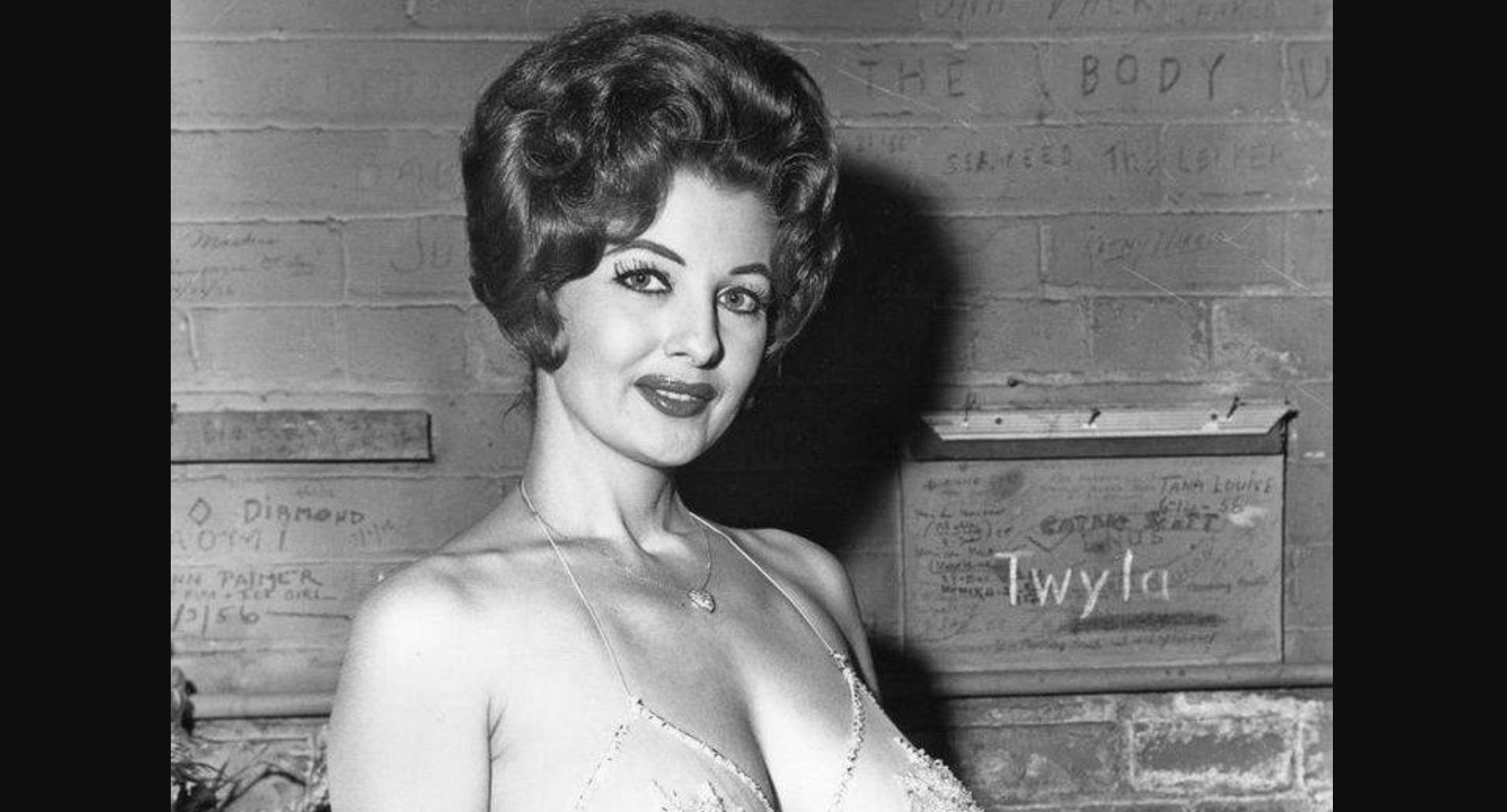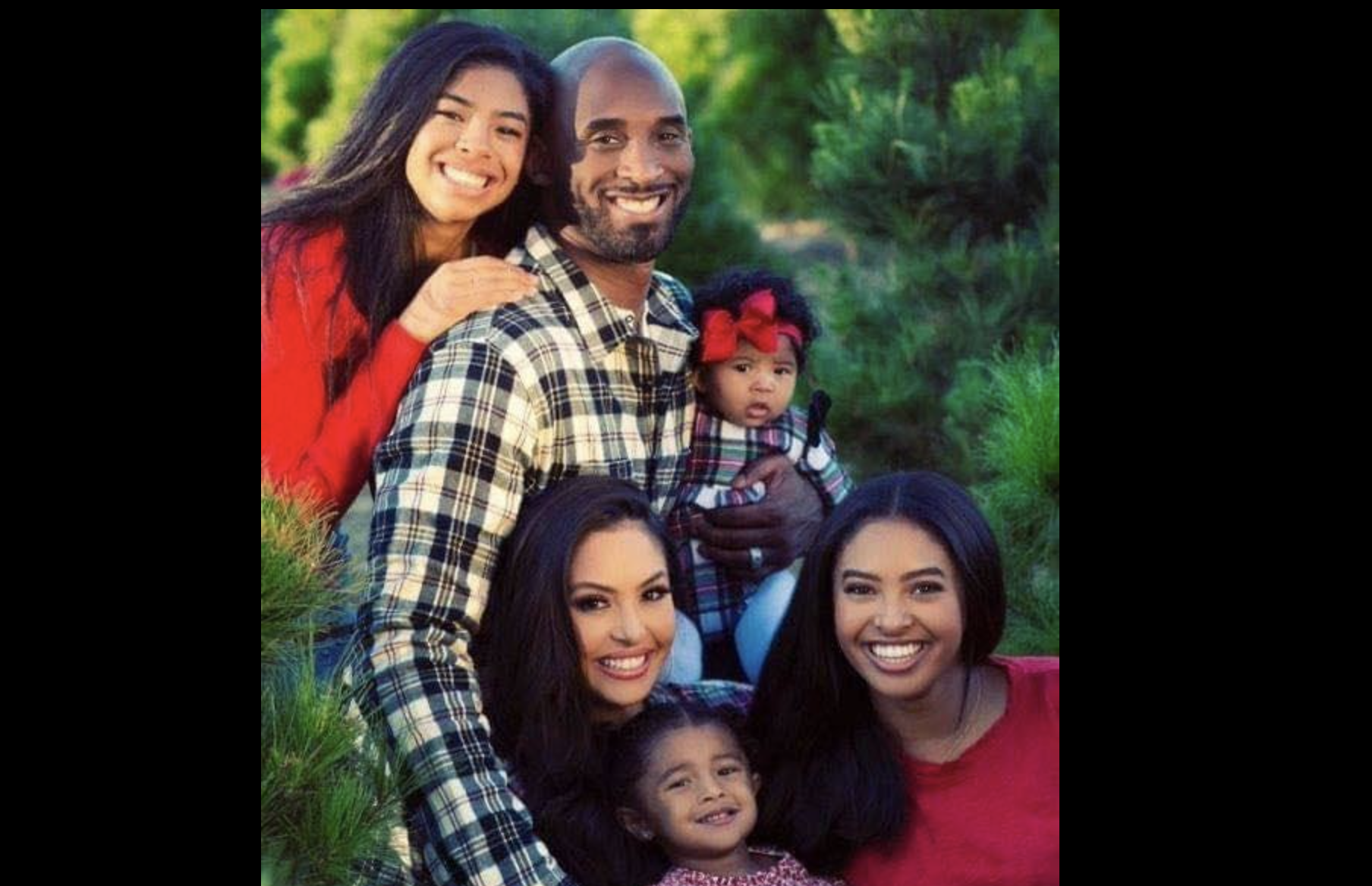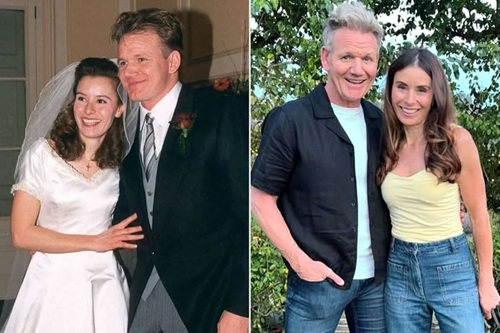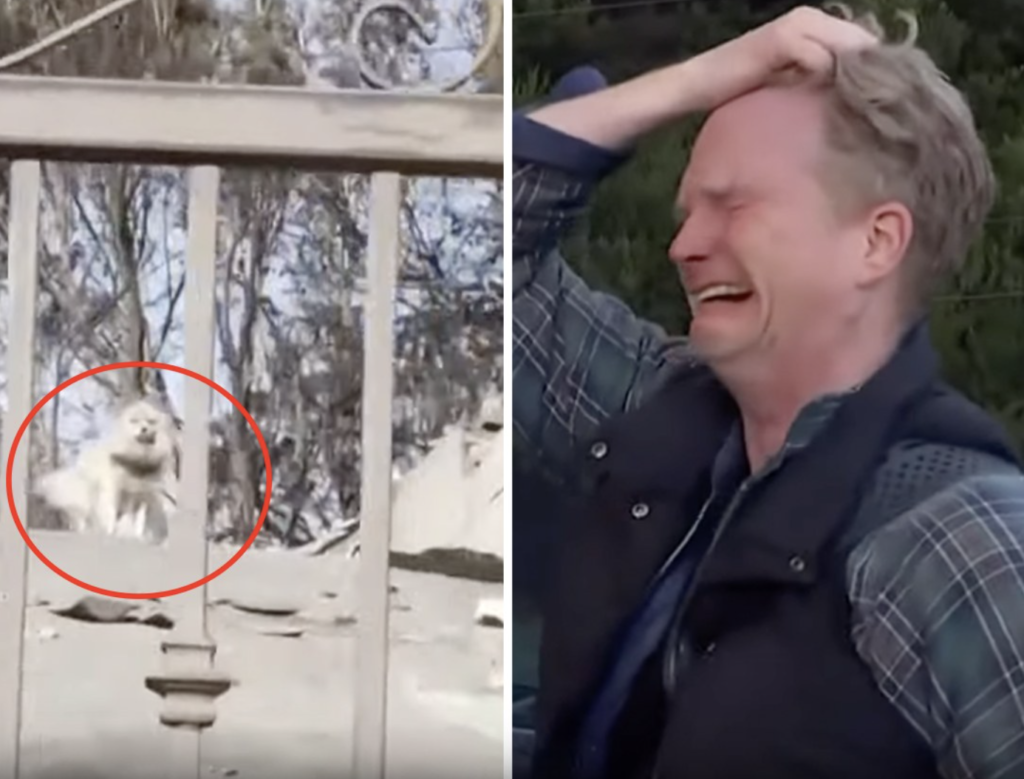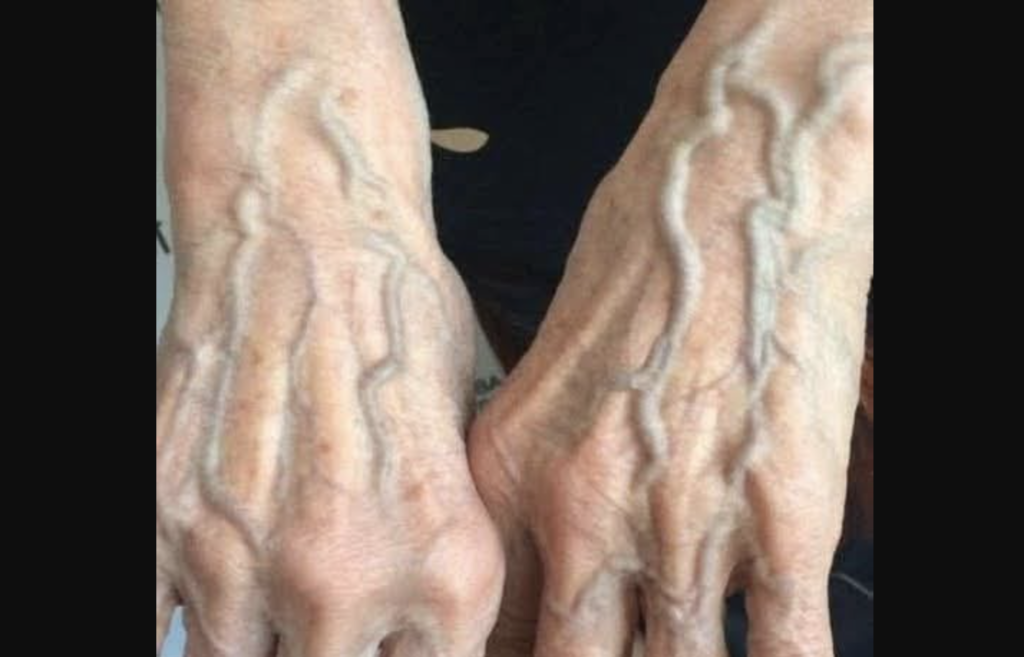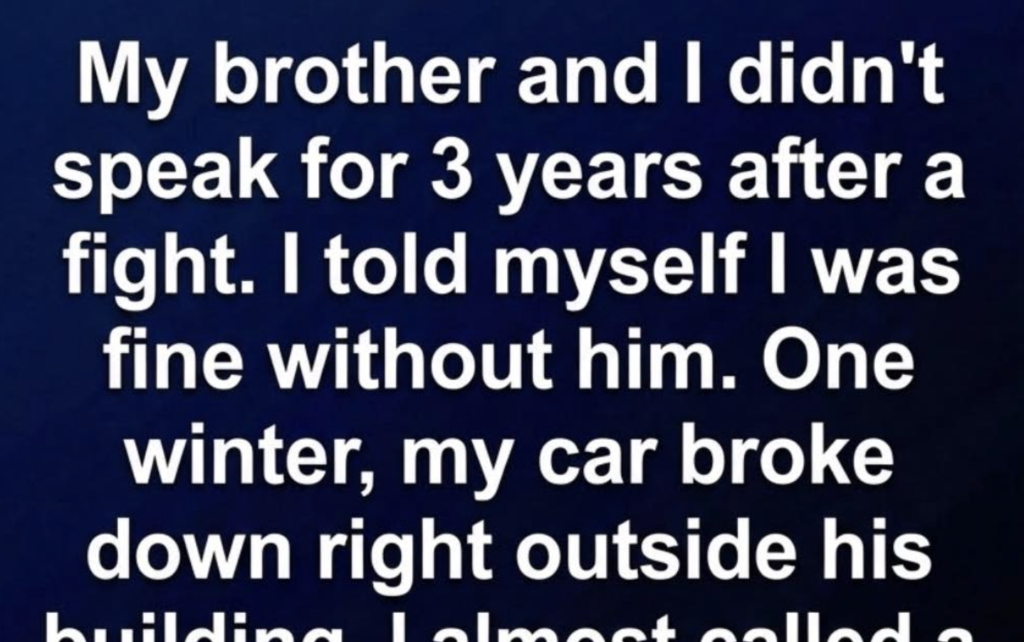At 23, I met Mason, the man I believed to be my biological father. He welcomed me into his home, shared with his wife, Meredith. He spoke of including me in his will, but they requested a paternity test first. The results revealed he wasn’t my father. Devastated, I was asked to leave, and soon found myself homeless. Weeks later, Meredith’s world unraveled.
Let me take you back to the start. Growing up, my mother never shared much about my father. She’d say, “It’s complicated,” and I didn’t press her. I trusted she’d tell me when she was ready.
After her passing from cancer, I discovered a box among her belongings. Inside were letters, photographs, and a name: Mason. The letters weren’t filled with love; they were practical, discussing me, finances, and my education. One stood out, with Mason writing, “I hope he grows up to be nothing like me.”
Curious, I searched for Mason online. He lived two states away, ran a furniture restoration business, and was married with no children, from what I could see. I hesitated for a month before reaching out on Facebook with a simple message: “Hi. I think you might be my dad.”
To my surprise, Mason responded warmly. We had a video call, and though he was shocked, he was kind. “I always wondered if your mom had the baby,” he said. His openness caught me off guard.
Two weeks later, he invited me to visit. I stayed at a modest motel, and we met for lunch. Meredith joined us the next day, her demeanor cautious. “Are you certain your mother didn’t have other partners?” she asked, her tone sharp, like an attorney questioning a witness.
Despite her reserve, Mason grew more welcoming. After several dinners and heartfelt talks, he offered me a place to stay in their spacious home. He cleared a guest room for me, and I wasn’t used to such warmth—home-cooked meals, comfortable furniture, or someone asking about my day.
One evening, Mason handed me a beer and said, “You’re my only kid. It feels right to put you in my will.” Meredith sat quietly, her arms folded.
She spoke up. “We need a test first. We can’t assume.”
I agreed, eager for clarity. They arranged a DNA test, and a week later, the results arrived.
Mason wasn’t my biological father.
He stared at the paper, stunned, while Meredith murmured, “I knew it.” The silence that followed was heavy.
That night, Mason came to my room. “You need to leave tomorrow,” he said softly. “I’m sorry. I thought…”
And just like that, the warmth vanished. No more family dinners, no more comfort. I packed my belongings and left, with nowhere to go. I spent the first night in a park, then found an abandoned trailer near a construction site. I washed in gas station bathrooms and took odd jobs to survive.
Time blurred. I didn’t resent Mason entirely, but the hurt lingered. It wasn’t the lack of biological connection that stung—it was the loss of the home I’d briefly believed in.
Three weeks later, as I ate stale crackers by the trailer, a black SUV pulled up. It was Meredith.
She stepped out, glancing around nervously. “Get in,” she said. “Please.”
I hesitated.
“Only for a moment,” she urged.
I climbed into the car.
She didn’t drive, just stared ahead. “Mason’s gone,” she said. “He packed up and left. No note. Just gone.”
I was stunned. “Why?”
She shook her head. “He mentioned not wanting to be like his father. Said he made a mistake. That he let you down.”
I stayed silent.
She turned to me. “I was wrong. I pushed for the test. I didn’t want to share—his money, his attention, our space.”
I listened, unsure of her intentions.
Then, unexpectedly, she began to cry.
“I never wanted kids. I was content with that. But when you came, Mason changed. He smiled more, laughed, even watched movies again. I got jealous. I thought if you were gone, things would return to normal.”
She paused. “But then he left.”
I didn’t know how to respond.
She handed me an envelope. “He left this for you. Said if I had any decency, I’d find you.”
After she drove off, I opened it.
Inside was a letter in Mason’s handwriting.
“Kid — I’m sorry. I let fear and Meredith’s doubts cloud what I felt: blood doesn’t define family. I saw your mother in you, and someone who deserved better. Asking you to leave was my weakness. I’ve left something for you. I hope it gives you a fresh start.”
There was also a key and a storage unit number.
The next day, I visited the unit. Inside were tools, antique furniture, and supplies—screws, stains, polish. A note on the door read: “It’s all yours.”
Mason had been preparing to pass his business to me. The paperwork wasn’t complete, but his friend Rick confirmed, “He wanted you to have it if anything happened to him.”
I began restoring small pieces, sharing them online. A woman bought a refinished chair, then someone purchased a table. The work was gradual but consistent.
Within months, I rented a small workshop, sleeping on a cot in the back. I ate simple meals, but I was no longer homeless. For the first time, I was building something of my own.
One day, Meredith appeared at the workshop.
“I want to help,” she said.
I nearly laughed.
She stood firm. “I know I have a lot to make up for. I’m good with numbers. I managed Mason’s finances for a decade.”
Skeptical but in need of assistance, I let her handle the books. She took no payment.
Six months later, we opened a small storefront. It was modest, but customers could come in, sit, and discuss their furniture projects. Meredith managed the front, while I worked in the back.
One evening, as we sat outside after closing, she looked at the stars and said, “I was never a mother. But maybe I can still learn.”
We weren’t family in the conventional sense, but her words carried a quiet healing.
Then, one day, a young woman entered the shop with a broken jewelry box. “It was my grandmother’s,” she said. “Can you fix it?”
I opened it carefully and saw a small photo inside. My breath caught.
It was my mother.
“You okay?” the woman asked, noticing my reaction.
“Who’s your grandmother?” I asked, my heart racing.
She shared the name, and it clicked. My mother had a younger sister I’d never met. This woman, Talia, was my cousin.
We talked for an hour. She shared stories of her family—my family—who had lost contact with my mother years ago after she moved and changed her number.
Talia hugged me before leaving. “Welcome home,” she said.
Weeks later, I met the rest of them—aunts, uncles, and a frail but loving grandmother. They welcomed me with stories, photos, and open hearts.
That night, I cried, feeling the roots I’d longed for.
Mason never returned. I don’t know if he will. But sometimes, people leave not to abandon, but to set something new in motion.
His gift—his tools, his trust, his letter—gave me a life I hadn’t imagined possible.
Meredith, once wary of me, became my business partner and, in some ways, a kind of family.
I once heard a saying: “Family isn’t defined by blood, but by who stands by you when it counts.”
I learned that through hardship, but I’m thankful for every turn, even the painful ones. They brought me here.
Now, I’m not merely surviving—I’m creating.
If you’ve ever felt out of place or abandoned, know this: the story doesn’t end there. Life can take unexpected paths, sometimes painful, but they often lead exactly where you’re meant to be.
Strangers can become family, and broken things—furniture, hearts—can be mended.
If this story resonates, share it with someone who needs hope. If you’ve ever had to rebuild, leave a ❤️ in the comments. Let’s remind each other that brighter days are possible.
